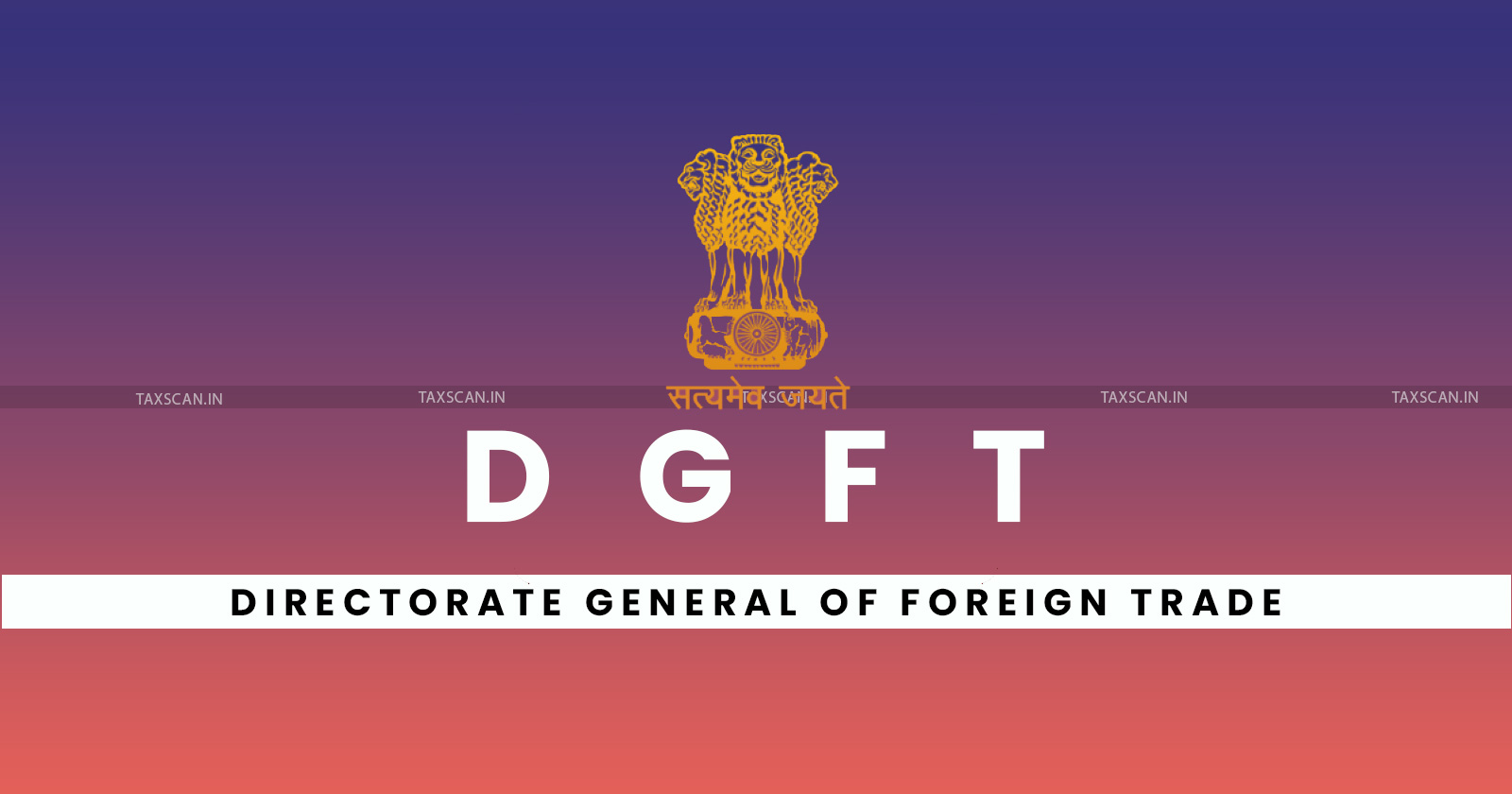CESTAT Restores Licence with Reduced Penalty in GST-linked Export Fraud [Read Order]
The Tribunal ordered immediate restoration of the licence, reduced the penalty to ₹10,000, and directed that the security deposit of ₹50,000 be retained, with fresh security to be furnished upon revival of the licence.
![CESTAT Restores Licence with Reduced Penalty in GST-linked Export Fraud [Read Order] CESTAT Restores Licence with Reduced Penalty in GST-linked Export Fraud [Read Order]](https://images.taxscan.in/h-upload/2025/09/29/2092350-2069893-gst-penalty-taxscan.webp)
The Customs, Excise and Service Tax Appellate Tribunal (CESTAT), Kolkata, examined whether revocation of a customs broker licence for alleged fraudulent exports to Bhutan was justified under the Customs Broker Licensing Regulations, 2018. The bench ruled that while the broker had failed in its obligations under customs law, complete revocation of licence was disproportionate given the circumstances, and directed its restoration with a reduced penalty.
M/s Shuvam Enterprises, a licensed customs broker, had facilitated clearance of four consignments of vitrified tiles in April 2018 for Neeraj Marble & Tiles, Siliguri, intended for export to Bhutan. Investigations later revealed that 29 consignments declared for export were never physically exported and were instead diverted into the Indian market. Four of these consignments were handled by the appellant.
Consequently, the Commissioner of Customs (Airport & ACC) suspended the licence in July 2021 and revoked it in February 2023, also imposing a penalty of ₹50,000 under Regulation 18 of the Customs Broker Licensing Regulations, 2018 for violation of Regulation 10(d).
 Also Read:DGFT Notifies Additional Export Policy for Second-Generation (2G) Ethanol [Read Notification]
Also Read:DGFT Notifies Additional Export Policy for Second-Generation (2G) Ethanol [Read Notification]
Appearing for the appellant, Arijit Chakraborty argued that the revocation was unsustainable in law as the consignments were cleared on 23.04.2018 and 25.04.2018, prior to the enforcement of the Customs Broker Licensing Regulations, 2018, which came into force on 14.05.2018. It was submitted that penal provisions cannot be invoked retrospectively and emphasized that procedural lapses during enquiry had further vitiated the proceedings.
It was contended that the enquiry officer took nearly six months to complete the proceedings against the stipulated time limit of 90 days under Regulation 17(5), and submitted that this delay vitiated the enquiry process. It was further submitted that the exporter had accepted liability and begun repayment of evaded GST
Appearing for the Department, Tariq Suleman argued that the exporter, in conjunction with the customs broker, had availed investment exemption from Goods and Services Tax by showing goods as exported to Bhutan while actually selling them in the domestic market without issuing invoices. It was submitted that the customs broker had prepared fake shipping bills in favour of the exporter, causing huge evasion of tax.
It was contended that the broker had violated Regulation 10(d) by failing to advise the exporter to comply with the Customs Act, 1962 and allied laws and by not bringing the wrongdoing to the attention of customs authorities.
Further, it was submitted that the broker had violated Regulation 10(e) by not ascertaining the correctness of information furnished and by failing to advise the client to refrain from illegal acts of declaration.
It was contended that the enquiry officer’s report highlighted that details declared in Indian shipping bills did not match data obtained from Bhutan Customs in terms of quantity, description, value, and dates. No Bank Realisation Certificates were produced for the alleged exports. Therefore, justified revocation.
The bench comprising Judicial Member, R. Muralidhar and Technical Member, Rajeev Tandon held that Shuvam Enterprises had failed to meet its statutory obligations under Regulation 10(d) and Regulation 10(e) of the Customs Broker Licensing Regulations, 2018.
The Tribunal also observed that the case involved breach of Section 50(2) and Section 50(3) of the Customs Act, 1962, since fraudulent declarations were made in shipping bills. These findings corroborated the department’s case that the broker violated obligations under Regulation 10.
However, citing the Delhi High Court decision in Asthiana Corporation Services v. Commissioner of Customs, IGI Airport (2014), the bench emphasized that punishment must be proportionate. The Tribunal noted that since the licence had already remained revoked for more than two years, depriving the broker of livelihood, complete revocation was deemed excessive.
Therefore, The Tribunal directed that the customs broker’s licence be restored forthwith and ordered that the forfeited security of ₹50,000 be retained, with fresh security to be furnished on revival of the licence.
Accordingly, the penalty of ₹50,000 imposed under Regulation 18 was reduced to ₹10,000.
Support our journalism by subscribing to Taxscan premium. Follow us on Telegram for quick updates



